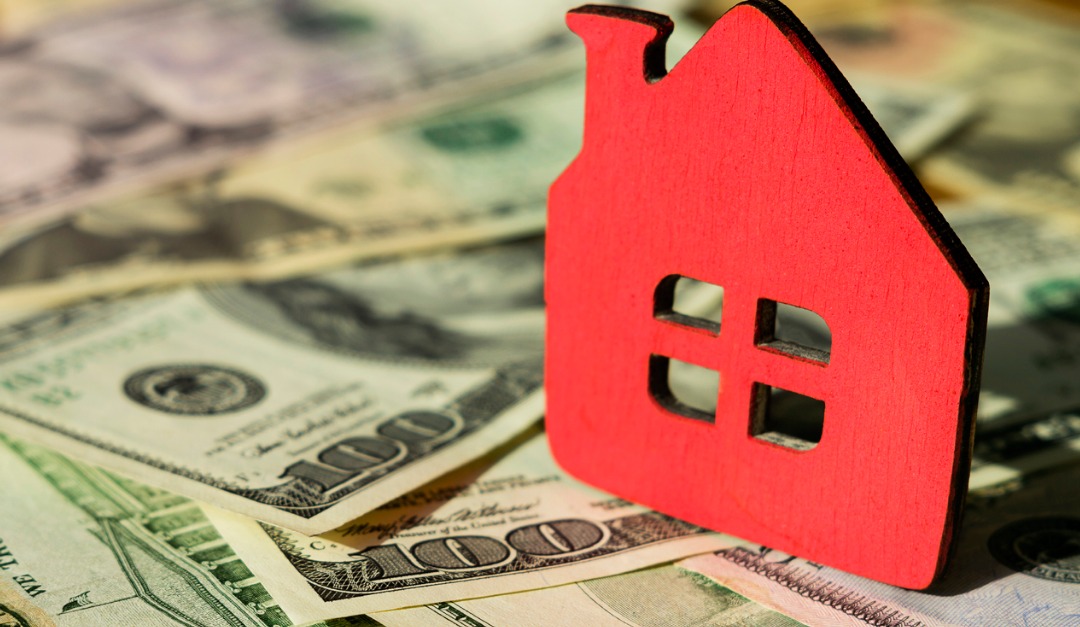Mortgage lenders used to require a minimum of 20 percent down, but many financial institutions now accept much lower down payments. Nevertheless, homebuyers often still think they should make the largest down payment possible. That could be a mistake.
Why Many Homebuyers Make a Large Down Payment
If a borrower puts down less than 20 percent, a lender requires the borrower to pay for private mortgage insurance (PMI) until reaching 20 percent equity. PMI is designed to protect a lender if a borrower defaults on a loan, but it can add hundreds of dollars per month to the cost of homeownership. Buyers who put down at least 20 percent usually do so to avoid paying for PMI.
Why You Should Consider Putting Down Less
Many people, particularly first-time buyers, focus on the cost of a house itself but don’t plan for closing costs, which can total thousands of dollars. Buyers also tend to underestimate the costs of homeownership. Maintenance, repairs and property taxes can add up quickly. New owners often decide to purchase appliances and furniture or to make renovations. Making a low down payment and setting aside money for necessities and desirable upgrades can give you some breathing room.
When you make a down payment, that money gets tied up in the house in the form of equity. You could access those funds through a home equity loan or a home equity line of credit, but both involve an application and approval process that could take weeks or months. If you make a smaller down payment and have an emergency fund, you won’t be stuck if you lose your job or face a surprise medical bill or urgent repair.
Avoiding PMI could lower your monthly payments, but making a large down payment could prevent you from using that money for other things. For example, you could make a smaller down payment and contribute more to a retirement account or college savings plan for your kids. If you haven’t saved as much as you’d like and your retirement age is approaching or your children are in or nearing high school, you might be better off making a smaller down payment and investing in other goals so the money can have as much time as possible to grow.
Choose the Right Down Payment Amount for Your Circumstances
When shopping for a home, think carefully about how much money to put down. A large down payment could help you avoid PMI, but it might leave you strapped for cash in an emergency or unable to invest as much as you’d like for retirement and college. Consider your entire financial situation, and talk to your real estate agent and financial advisor.
This article is intended for informational purposes only and should not be construed as professional or legal advice.











